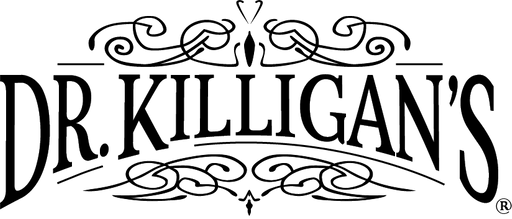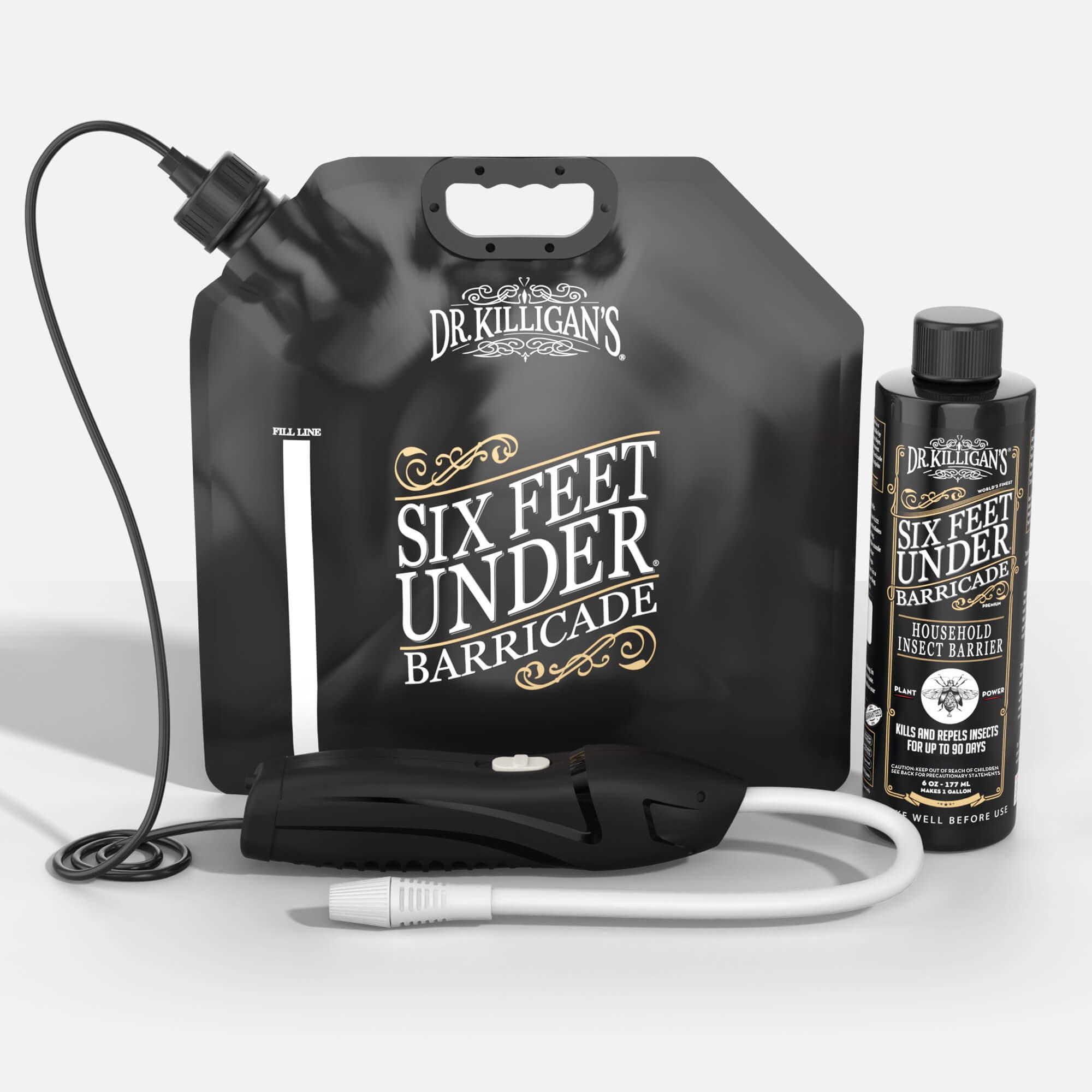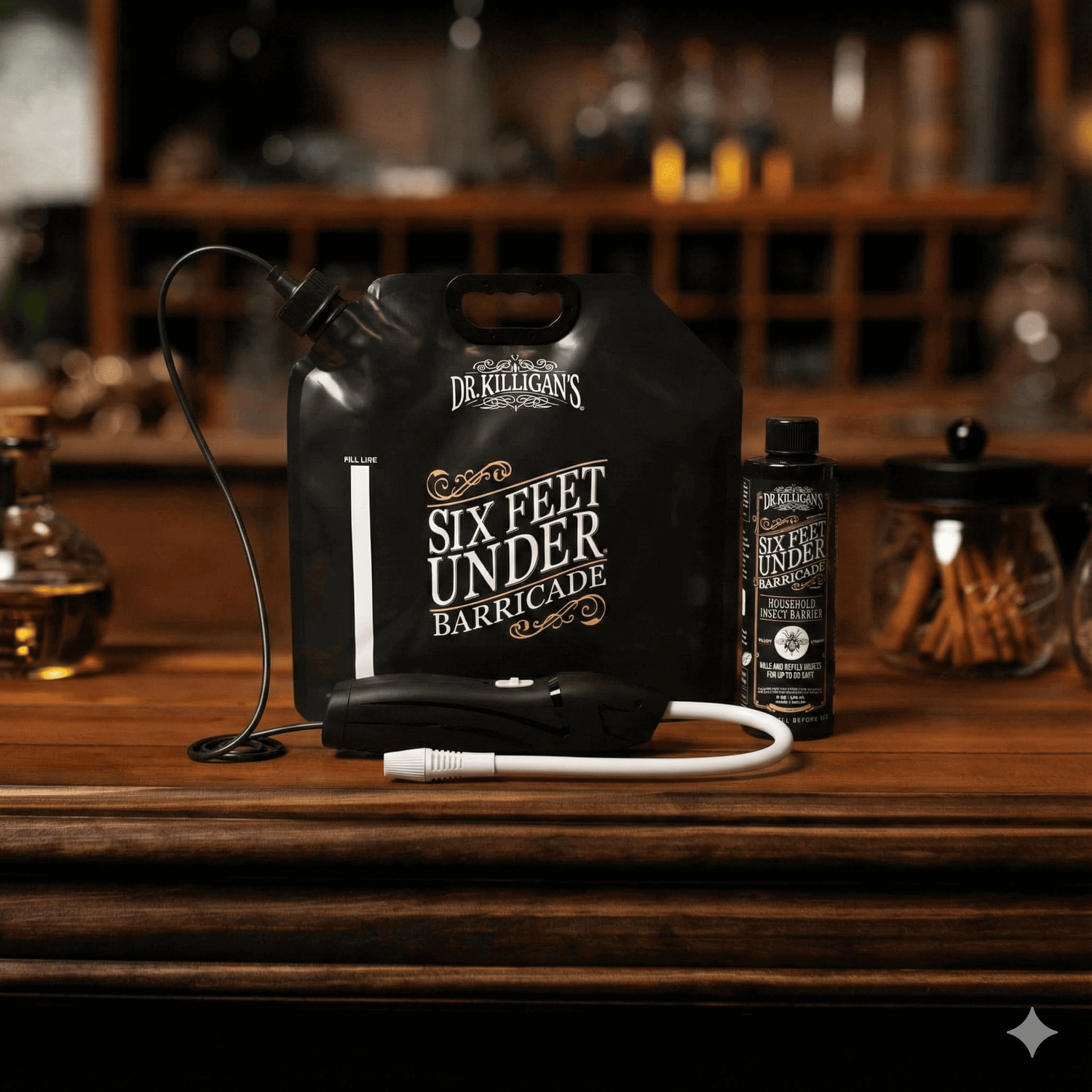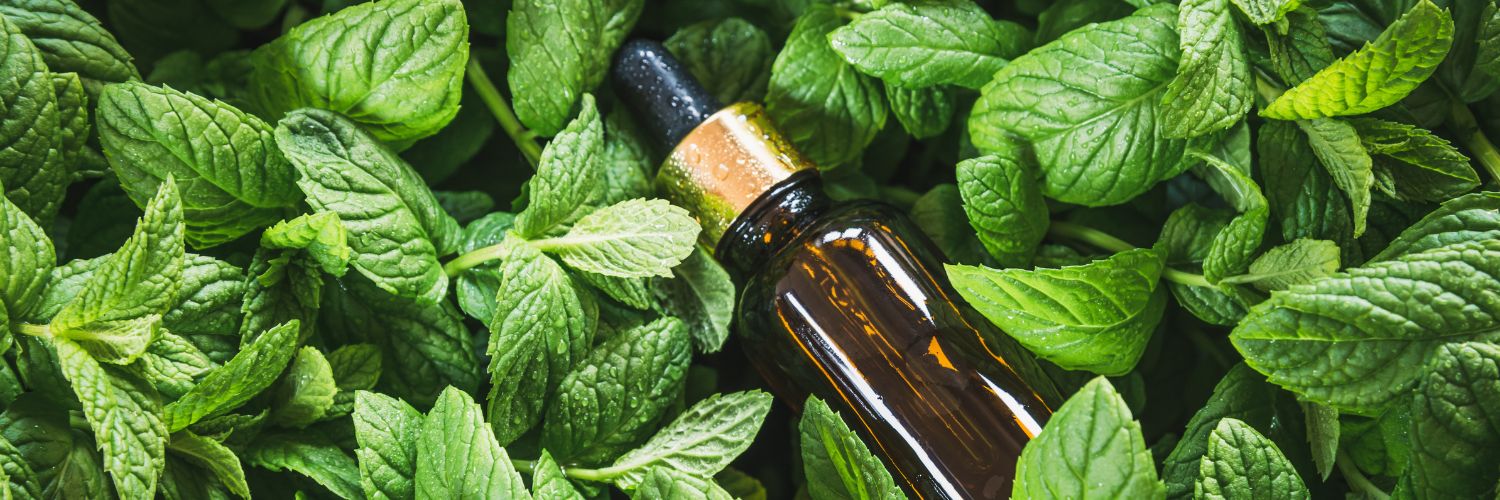At Dr. Killigan's, our passion lies in blending the wisdom of nature with innovative solutions for a safer and healthier home for you and your loved ones. Our dedication shines through in our ingredient selection, especially with Sodium Lauryl Sulfate (SLS), a common component in various household products. There's a vital distinction to be made between plant-based and petroleum-based SLS – a distinction that matters greatly in choosing products that align with our ethos of health and environmental responsibility. We're here to guide you in understanding this difference, so you can make choices that are not only effective but also align with your values for a healthier home and planet.
The prevalence of SLS: From soaps to sprays
Diving deeper into this topic, we at Dr. Killigan's are not just about eliminating pests; we're about embracing nature's wisdom to create a healthier living environment. This philosophy extends right down to the ingredients we choose. You might find SLS in a wide range of household products, but did you know that it comes from two main sources? There's plant-based SLS and there's petroleum-based SLS. Understanding this distinction is vital, as it directly influences the products we use in our homes and how they affect our health and the environment.
Let's talk about SLS's ubiquity. This ingredient is a staple in many household and personal care products – from soaps, shampoos and toothpastes to laundry detergents and some cleaning sprays. What makes SLS such a popular choice? Its ability to generate lather and effectively remove dirt and oils. But here's where it gets interesting – not all SLS is the same. Its source plays a crucial role. This difference impacts not only the environmental footprint of the products we use but also their safety profile.
Petroleum-based SLS: Rethinking environmental impact and health
In our commitment to environmental stewardship at Dr. Killigan’s, we've consciously moved away from using petroleum-based SLS. This shift stems from recognizing the extensive environmental footprint of fossil fuels, the primary source of petroleum-based SLS.

Their extraction and processing not only deplete non-renewable resources but also contribute significantly to pollution and climate change. Moreover, the byproducts and additives used in synthesizing petroleum-based SLS pose risks to both the environment and human health. These include habitat destruction, air pollution and potential health hazards from prolonged exposure to chemical stabilizers.
In contrast, plant-based SLS represents a more sustainable and health-conscious choice. Derived from crushing the kernel, or the stone in the middle of the fruit, it mirrors the effectiveness of its petroleum-based counterpart but with a significantly reduced environmental impact. Plant-based SLS is biodegradable and free from harsh chemical additives.
This strategic choice underscores our commitment to environmental responsibility and sustainable practices, setting a new standard in household product formulation. At Dr. Killigan’s, we believe in creating products that not only effectively tackle household challenges but also contribute positively to a sustainable future. By choosing plant-based SLS, we stay true to our promise of delivering high-quality, eco-conscious and safe solutions for everyday living.
Plant-based SLS: Aligning with eco-friendly values
In today’s environmentally conscious world, choosing plant-based SLS is crucial for sustainability. Derived from renewable palm oil, our plant-based SLS aligns with our commitment to ecological responsibility. Its biodegradable nature ensures minimal environmental impact, reflecting our dedication to sustainable practices. This switch to renewable sources is not just about being eco-friendly; it's about actively contributing to a healthier planet.
The environmental edge of plant-based SLS
In understanding the sustainability of household cleaning products, the biobased content of ingredients plays a crucial role. According to a study from the National Library of Medicine, biobased content refers to the percentage of carbon in a chemical derived from renewable sources, such as plant oils. In the case of plant-derived SLS, its bio-based content stands at a remarkable 100%, meaning all its carbon molecules come from plant sources, not petroleum.
Contrast this with Sodium Laureth Sulfate (SLES), a similar surfactant commonly found in household cleaners. SLES, when ethoxylated using petrochemicals, has a biobased content of about 76%, indicating a significant petroleum-based component. This difference is not just a matter of composition but carries broader implications for environmental and human health.
 Img - Palm oil tree
Img - Palm oil treeBy opting for surfactants like plant-based SLS, we avoid the environmental harms linked to petroleum extraction and petrochemical production, thus making a more sustainable and health-conscious choice.
Beyond environmental sustainability, the choice of plant-based SLS is also a nod to their functional effectiveness. Our customers report that these products offer exceptional cleaning and pest control performance, rivaling traditional options. This effectiveness, coupled with our commitment to non-toxic ingredients, ensures that you do not have to choose between protecting the environment and achieving the desired results.
Customer experience highlights: Henry's story
As we advocate for the shift towards plant-based SLS and its environmental benefits, let’s take a moment to hear from one of our valued customers, Henry, whose experience with our product Six Feet Under speaks volumes:
"Non-toxic for people and pets, lethal for insects. I am always mindful of the ingredients in products. I searched far and wide for a non-toxic insect killer spray. This is the winner. Six Feet Under quickly knocks out flies, roaches, spiders, and other bugs."
Henry's endorsement is a testament to our commitment at Dr. Killigan’s. His experience reinforces our belief that it is possible to create products that are safe for families and pets while being lethal against pests.
Concluding thoughts on SLS choices

As we conclude our exploration, our journey through the nuances of SLS brings us to a crucial decision point. This isn’t merely about choosing between two types of SLS; it’s about making a conscious commitment towards fostering a healthier environment and a sustainable future. At Dr. Killigan’s, this commitment is at the core of everything we do. Our steadfast dedication to developing products that are not only effective but also non-toxic and environmentally friendly is what sets us apart. We believe in making choices that benefit not just the present but the future as well, and our use of plant-based SLS is a testament to this philosophy.
We invite you to experience the difference with our innovative products. Discover the effectiveness of Six Feet Under, our non-toxic, kill-on-contact insect spray, and Sweet Surrender, our powerful fruit fly lure and killer. Both of these solutions harness the power of plant-based SLS.
Join us on our journey towards a more sustainable world. By choosing Dr. Killigan's products, you're not just making a smart choice for pest control; you're also supporting a movement towards eco-conscious living. Together, let's make informed choices that celebrate and protect the natural world around us.
Explore our range today, and take the first step towards a healthier home and planet with Dr. Killigan's.
